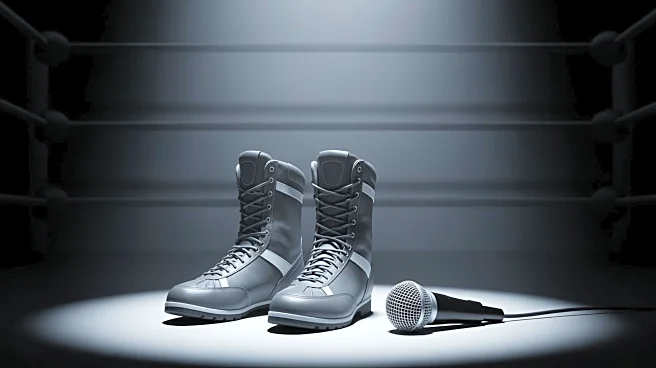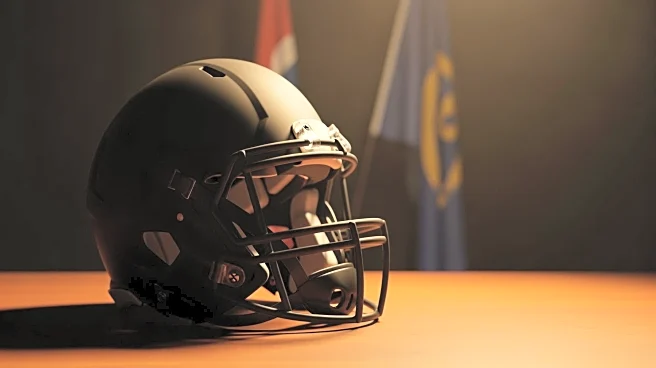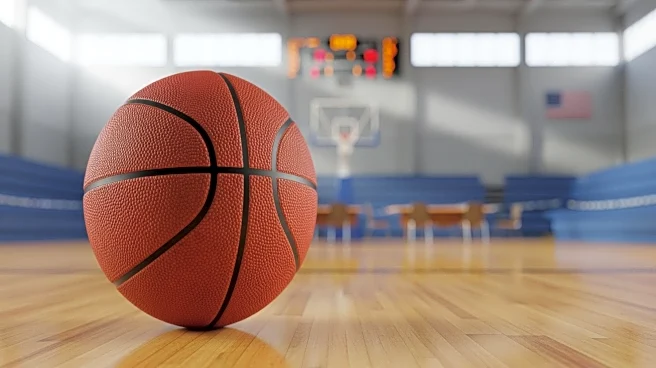What's Happening?
Justin Credible, formerly known as PJ Polaco, shared his personal journey of overcoming addiction during an appearance on the 'Eyes Up Here' podcast. Credible detailed his struggles with opioids and alcohol,
which began during his time with ECW and WWE. He credited WWE's rehab program and the medication Suboxone for helping him overcome opioid addiction, although he later faced challenges with alcohol. Credible's addiction led to legal issues, including a protective order violation and a 45-day jail sentence. He has been sober since December 14, the day of his incarceration. Credible is now balancing independent wrestling dates with new projects, including an AEW review podcast, and is set to start a new job at Chili's in December.
Why It's Important?
Credible's story highlights the ongoing issue of substance abuse within the wrestling industry and the importance of support systems like WWE's rehab program. His journey underscores the challenges athletes face with addiction and the potential for recovery and new beginnings. Credible's transition to a new career outside wrestling reflects broader themes of personal growth and resilience. His openness about his struggles may inspire others facing similar challenges, emphasizing the significance of seeking help and making positive life changes.
What's Next?
Credible is preparing to start his new job at Chili's in December, marking a significant shift in his career path. He continues to engage with the wrestling community through independent dates and his AEW review podcast. His story may prompt discussions within the wrestling industry about the need for ongoing support for athletes dealing with addiction. As Credible embarks on this new chapter, his experiences could serve as a catalyst for broader conversations about mental health and recovery in sports.
Beyond the Headlines
Credible's journey raises ethical considerations about the responsibility of sports organizations to support athletes' mental health and well-being. His story may lead to increased awareness and advocacy for comprehensive addiction recovery programs within the wrestling industry. The cultural impact of his openness about addiction could foster a more supportive environment for athletes facing similar challenges, encouraging transparency and dialogue about mental health issues.









